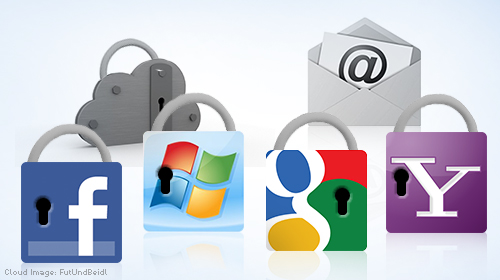Will Congress and Law Enforcement Let Email Providers Keep Protecting Americans’ Privacy?


This was originally posted on the American Constitution Society blog.
The Hill broke a fascinating story last week: many major email providers are already requiring a warrant for the content of the communications they hold. What you say, this doesn't sound fascinating at all? It really is—just bear with me.
For the last several months the Senate Judiciary Committee has been fighting over this precise issue: how to update the nearly three-decades-old Electronic Communications Privacy Act (ECPA). Chairman Patrick Leahy (D-Vt.) has long sought a standard where all communications and content must meet the warrant standard. That would mean information in Gmail accounts, Amazon cloud storage and text messages sent through Verizon would all have to meet the same standards—a warrant based on probable cause—that police currently need to search a home. But when Leahy brought the issue before the full committee last Congress, the response from law enforcement was that the proposal would have a dire impact on police practices.
Some local law enforcement claimed it would delay investigation in cases of missing children. The Federal Law Enforcement Officers Association expressed "profound disappointment," and the Federal Bureau of Investigation Agents Association worried it "could hamstring critical law enforcement efforts." Legislation to amend the statute with a warrant was voted out of committee but never got to the floor for a vote. While the vote was bipartisan, some Republicans expressed reservations about the legislation and the expectation that all of this should be revised in the new Congress.
Now here's what's fascinating. After Google released its transparency report, highlighting how many law enforcement orders it gets and the need to reform ECPA, The Hill called several other providers. It turns out that—in addition to Google—Facebook, Microsoft and Yahoo all require a warrant. It seems that they were persuaded by a 2010 appellate court decision (a case called United States v. Warshak) that ruled that not requiring a warrant would violate the Fourth Amendment of the Constitution.
So which is it? Is the sky falling as law enforcement seems to maintain or is this the de factolaw already, at least for some providers? The answer is a big deal. As Americans move everything online—photos and correspondence, office memos and friend lists—they are also moving it to an area with uncertain legal protections, one where police have often argued that they can see these communications without a warrant. The stakes are high. As the scandal that resulted in the resignation of General Petraeus emphasizes, the contents of emails can ruin lives and careers, even (or especially) when no one is ever actually arrested or charged with a crime. The need for privacy in an individual's communications is why the Fourth Amendment guarantees an individual the right to be "secure in their persons, houses, papers, and effects."
As this debate goes forward, at least one senator has already cast doubt on whether the providers' practices are okay. Law enforcement has said they are "butting heads and rulebooks with both the email providers" on warrants for electronic communications. It's clear that there will be further debate, but given that the status quo seems to be one where privacy is protected and law enforcement isn't unduly hindered, shouldn't we make it the clear and unequivocal law so everyone is guaranteed the protections of the Constitution?
Learn more about the Electronic Communications Privacy Act (ECPA) and other civil liberty issues: Sign up for breaking news alerts, follow us on Twitter, and like us on Facebook.



